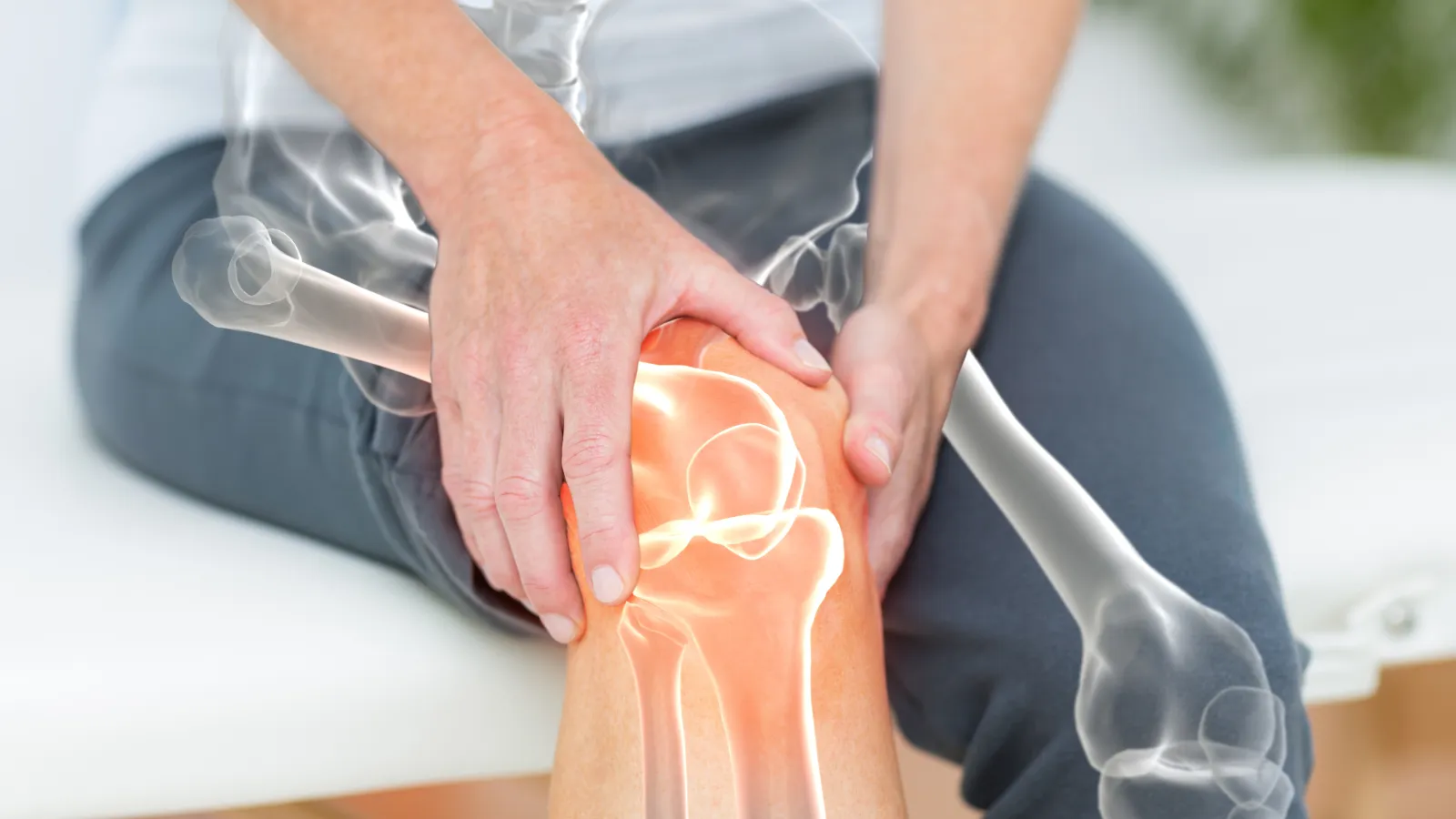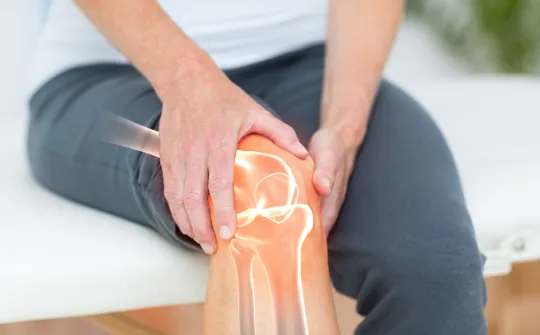Knee pain and immobility can result from various conditions, accidents, and genetic traits. No matter your age, if you have knee pain and one of the following conditions, a total knee replacement or knee reconstruction surgery may be the best option to restore your health.

Knee Surgery
Move Freely Again
Are you experiencing knee pain or reduced mobility due to injury or arthritis? When performed by our fellowship-trained surgeons, knee surgery can help relieve knee pain and restore mobility.
Our board-certified surgeons in Austin, TX, use conservative, cutting-edge knee surgery procedures to help get you moving again.

Benefits of Knee Surgery
Chronic Knee Pain Relief
Better Mobility
Minimize Further Treatment



Common Knee Joint Conditions Treated With Knee Reconstruction and Knee Replacement Surgery
Osteoarthritis
Otherwise known as degenerative arthritis, osteoarthritis typically occurs in adults over 50. In most cases, osteoarthritis is naturally caused by the wear and tear of your knee cartilage over time. With this cartilage gone, your knee joint no longer has a cushion between your joints, causing pain when they rub together.
Rheumatoid Arthritis
Rheumatoid arthritis is similar to osteoarthritis in symptoms but stems from a chronic inflammatory disorder. With rheumatoid arthritis, the body's immune system attacks the joints, causing damage to bones and cartilage. Both forms of arthritis may run in your family.
Injury to the Knee
Joint dysfunction can result from an injury. This can cause the same degenerative effects as other forms of arthritis. Also, damage over time can result from knee fractures and torn cartilage or ligaments. Injury from sports is a common reason younger adults and children may need knee replacement surgery.
Take a Closer Look at Arthritis
In a healthy knee joint, cartilage provides a barrier so that no friction is created as you walk, run, and bend your knee. In patients with arthritis, this barrier is broken down, causing painful symptoms. Total knee replacement may be necessary to relieve pain and discomfort.
Did You Know that knee Problems are incredibly Common?
Even if you don't need a total knee replacement, you shouldn't have to suffer from knee pain or mobility problems. Contact us today to request a consultation at one of our state-of-the-art orthopedic surgery centers in Austin, Leander, and Lakeway, TX. Our elite knee surgeons specialize in knee replacement, knee joint preservation, cartilage transplants, ligament reconstruction, and more.

Arthroscopic vs. Total Knee Replacement Surgery
Arthroscopic surgery leaves very little scarring, which is just another reason why we will always aim to correct your knee concern with this minimally invasive technique instead of knee replacement surgery. Our doctors are highly trained in arthroscopic techniques and commonly use them in the following ways.
Arthroscopic Surgery
Total Knee Replacement
Physical Therapy
Many patients will need physical therapy following knee surgery. Your physical therapist will work with you to strengthen the muscles around your knee joint to increase stability and to help prevent future injuries from occurring. Physical therapy guided by a referred practitioner will speed up the recovery process following knee replacement and other procedures. The amount of time needed in physical therapy will vary depending on the type of procedure you had. Patients who underwent ACL reconstruction or a total knee replacement may need longer than other arthroscopic surgeries. Your physical therapist will remain in contact with your orthopedic surgeon to ensure you stay on track to a quick and safe recovery.
What Will Recovery Be Like?
Your recovery time and postoperative care instructions will vary depending on your procedure. Your doctor will go over every step of your postoperative care plan with you.
You should be able to get back to normal activities in a few weeks to a few months.
In extreme cases, full recovery may take a year.
Following your doctor's postoperative instructions is the best way to ensure a quick and safe recovery. Most patients can expect to return to daily activities around six weeks after a knee replacement. Your doctor will tell you when you can resume low-impact activities like swimming, biking, or hiking. High-impact activities need to be avoided unless otherwise stated by your surgeon. By following their instructions and maintaining a low-impact, healthy lifestyle, you can live without knee pain for more than 15 years.


